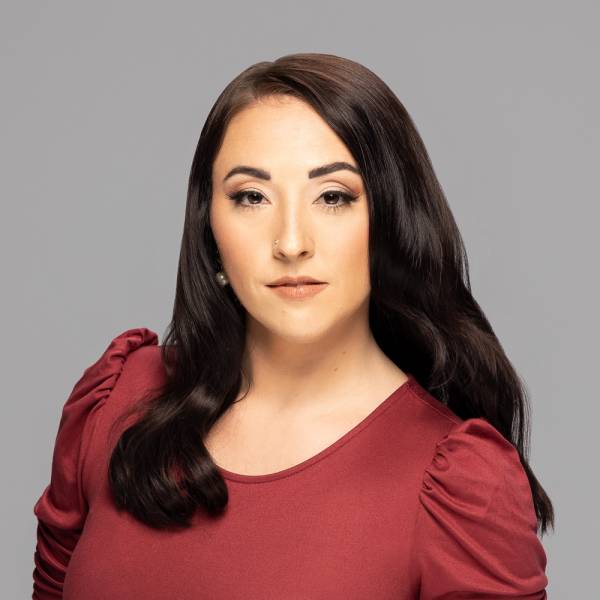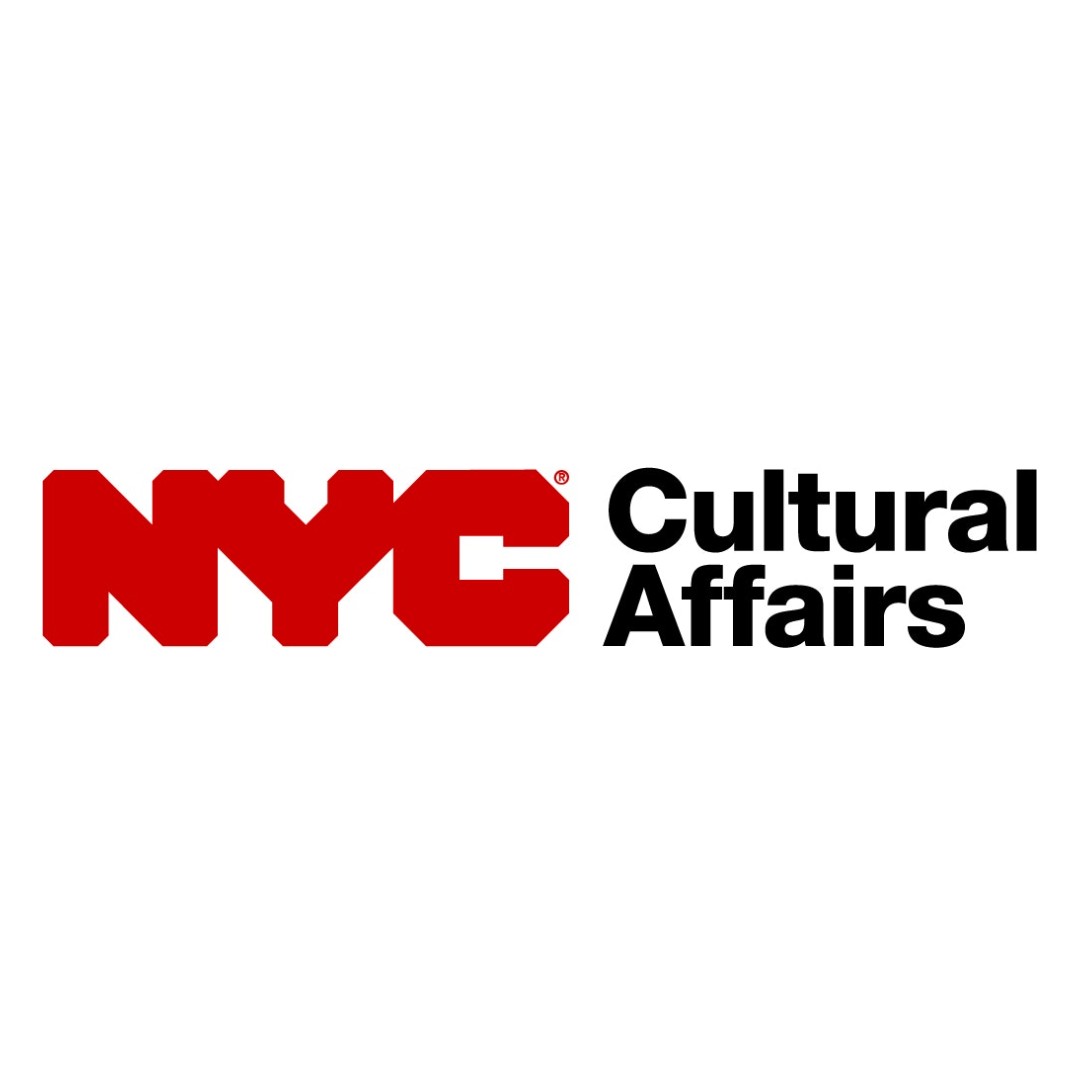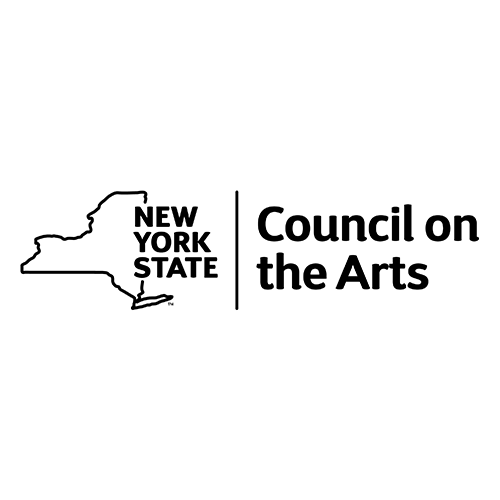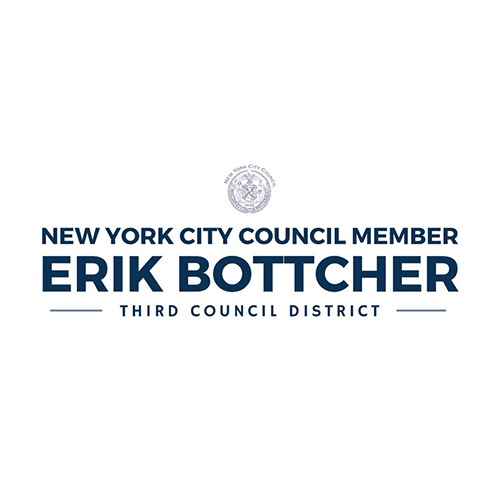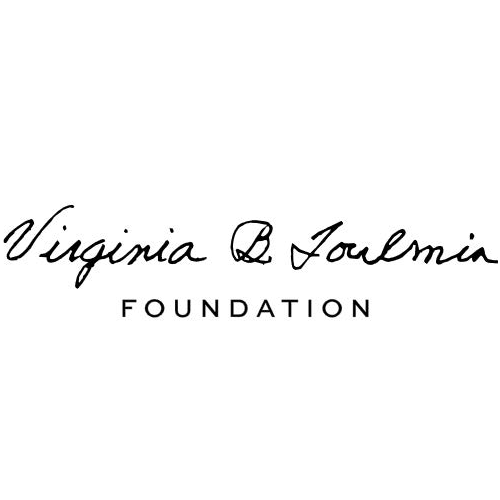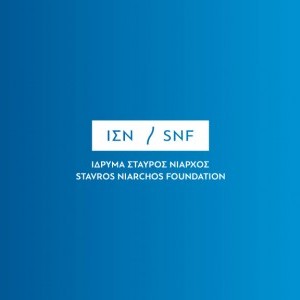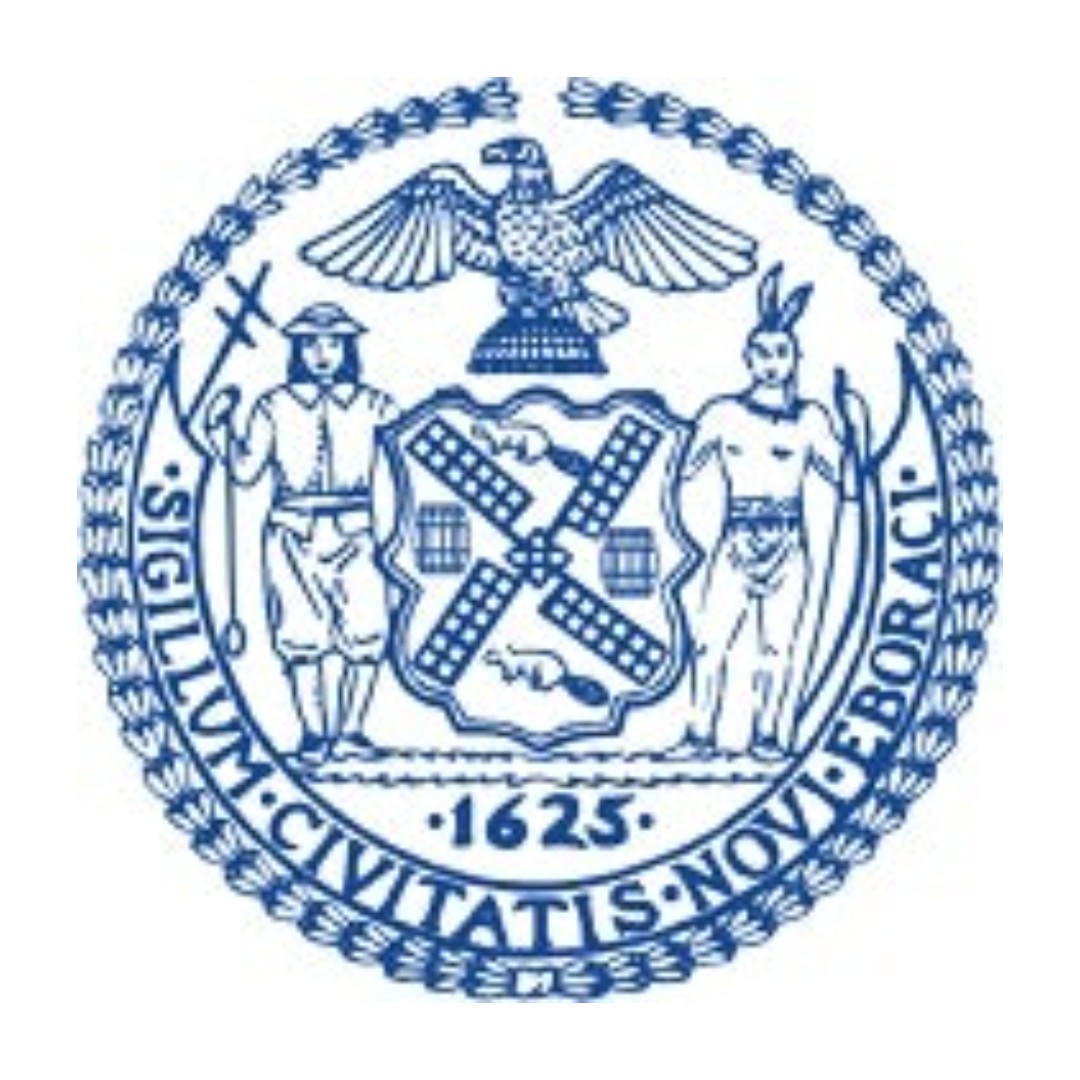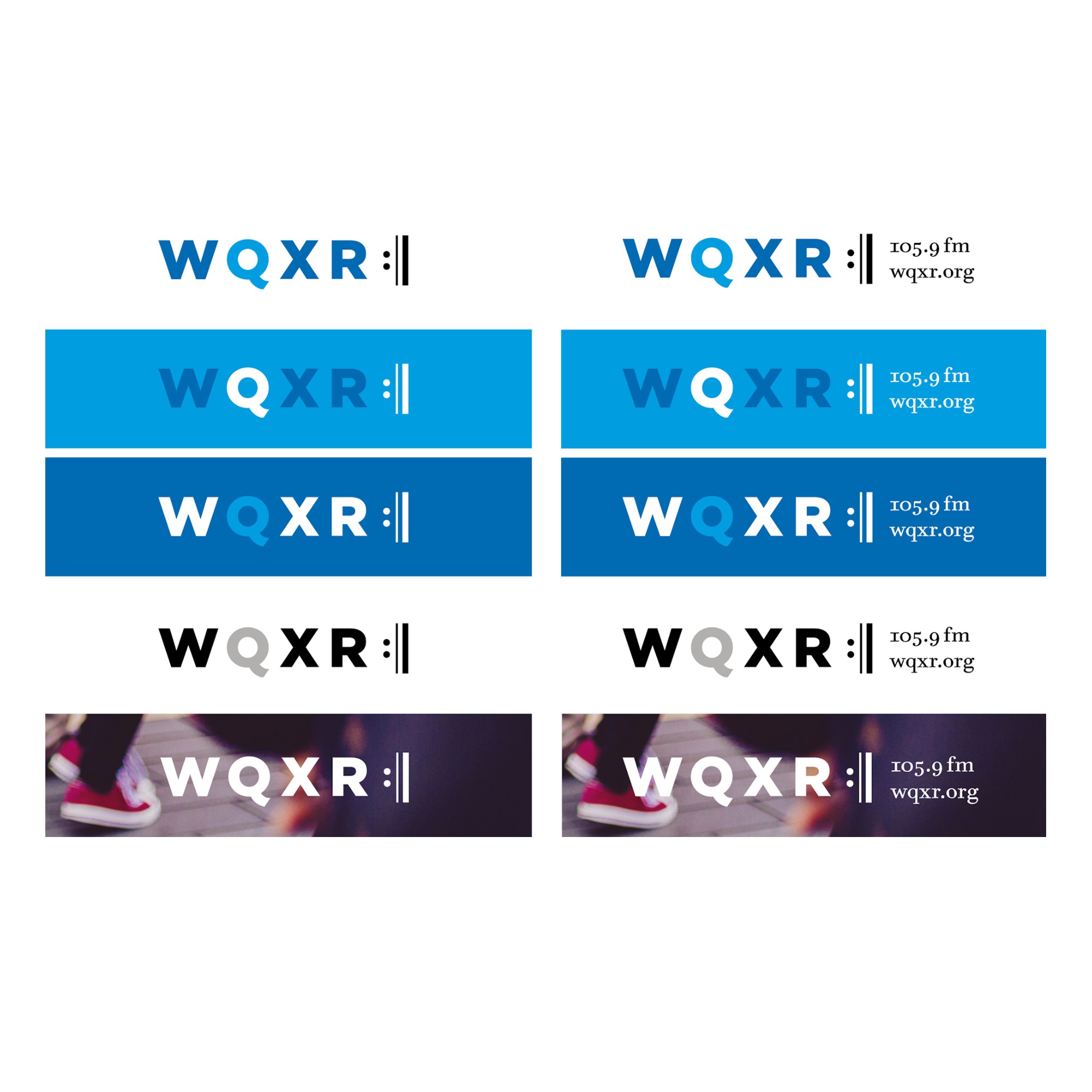Sara Kennedy is a soprano from Austin, TX who specializes in both classical and musical theatre repertoire.
Share with us a unique experience for you in the opera world. How did it inspire you and what did you learn from it?
I must say that performing opera during the height of COVID and before vaccines was an experience like no other. The restrictions placed upon us were challenging, to say the least, but we persevered and found ways to adapt to the unprecedented situation we faced. During this time, I successfully performed two operas while maintaining a nine-foot distance and wearing a mask: the title role in Lucia di Lammermoor and Ruth Baldwin in John Musto’s Later the Same Evening. Singing opera while wearing a mask and standing so far apart from our fellow performers was a unique challenge. How do you convey an intense, loving embrace when your partner is nowhere near you? How do you kiss someone goodbye when your lips are covered by cloth? It was difficult, but the beauty of opera allowed us to find unique ways to work around these challenges, and the sense of camaraderie among us, and our creativity, grew stronger as a result. Through all of this, I learned the importance of adaptability and resilience. We cannot control the circumstances we find ourselves in, but we can control our response to them. As performers, we must be willing to embrace new challenges and find creative solutions to keep the art form alive. Despite the difficulties, I feel privileged to be able to continue performing and to share the beauty of opera with audiences, even in these challenging times. It is a reminder of the power of music to bring people together, even in the darkest of times.
Do you think opera should be accessible to everyone? How do you think this could be done?
Absolutely it should. Opera is a beautiful art form that has been enjoyed by many for centuries. It is a form of expression that can be enjoyed by people from all walks of life, and it is important that everyone has the opportunity to experience it. While opera has a rich history and is considered one of the highest forms of artistic expression, it has often been associated with elitism and exclusivity due to its perceived high costs, language barriers, and lack of diversity in its audience and performers. Making opera accessible to everyone can be done in a number of ways, and opera companies world-wide have begun implementing these changes already. I believe we can go much farther with it. Firstly, ticket prices could be made more affordable for those with lower incomes. This is done by many opera companies already by offering discounts, special offers, or subsidies for students, seniors, or disadvantaged groups. Another way is by using our ever-advancing technology to provide wider access to performances. Many opera companies have already started broadcasting their productions online, which allows people from all over the world to watch and experience the magic of opera. This could be expanded even further by making these broadcasts more widely available, offering translation services, and providing additional educational materials along with them. While I do believe experiencing opera live and in person is the best way, it’s not the only way, and many people don’t have the means to attend a live performance. And, of course, a thorough and continued effort to keep diversifying our art form is paramount in increasing the accessibility of opera. Diversifying opera involves promoting greater representation and inclusivity in casting, programming, and audience engagement. We must continue and increase casting performers from a wider range of backgrounds and identities, including race, ethnicity, gender, and sexuality. Commissioning new works from marginalized groups, engaging with diverse communities, and creating more accessible programming are all essential to creating a more diverse art form. Ultimately, making opera accessible to everyone is about breaking down these barriers that prevent people from experiencing opera. By making tickets more affordable, offering more educational programs, using technology to broaden access, and continue diversifying the art form, we can help ensure that everyone has the opportunity to enjoy opera and all that it has to offer.
Do you feel that your work as an opera singer helps you to use your creativity to serve your community? What do you enjoy the most about it?
I whole-heartedly believe that my work is not just about performing on stage, but also about using my life-long passion as a way to serve my community. I truly believe that this art form has the power to bring people together, to inspire, to uplift, and to heal. Through opera, I am able to connect with people from all walks of life, and to share with them the beautiful music, the rich history and the raw emotion of the operatic tradition. I take great pride in knowing that my work has the ability to touch people’s hearts and minds in such a profound and meaningful way. What I enjoy the most about my work as an opera singer, though, is the opportunity to collaborate with other artists and performers, to bring our collective creativity to life on stage. I am constantly inspired by the passion and dedication of my colleagues, the support and encouragement from my past and present teachers, and by the continued support and enthusiasm of our audiences. For me, the joy of opera is not just in the music, but in the sense of community and connection that it creates. Whether I am performing in a large opera house or in a local community theater, I am always humbled and grateful for the opportunity to share my art with others and to serve my community in that special way.

